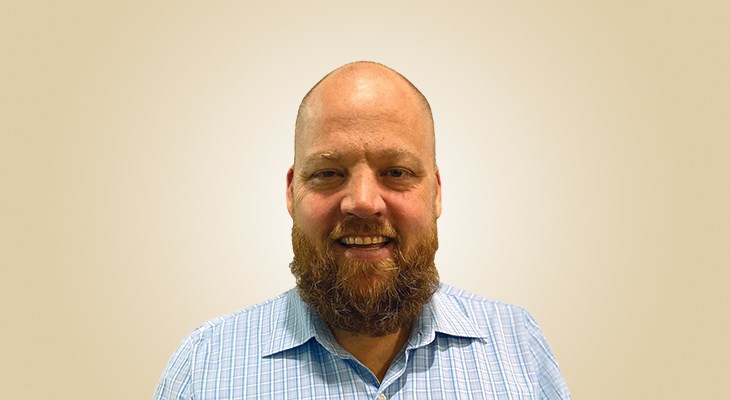Taylor Kirkpatrick is generation four of Babson Farms, a family enterprise that started originally with dairy equipment manufacturing — the largest in the world, he says — until they sold the business several years ago. The vestiges of that led, he said during the Denver Smart Business Dealmakers Conference, to an evolving second directional area for their family office, which still has core assets in agriculture — farms in north central Illinois and ranches in Colorado. While the family continues to evolve that business, it's also looking to diversify it revenue streams.
Through five generations — his child being part of the fifth — the family only has eight living lineal descendants. What that has done, he says, is concentrated the effort and focus on celebration, documentation and memorialization within the family, because with each of the stakeholders having enough of a meaningful percentage of the organization, things could go awry if they didn't have those areas of focus.
"When I talk about celebration, memorialization, documentation ... we created a coloring book for the rising generation to have pictures of our family that tell the family story and indoctrinate or at least impart some of those values at an early age," Kirkpatrick says. "We also wrote a full, comprehensive book with lots of photographs — in fact, we have a DVD in the back that has recordings of prior generations talking about their experiences involving the family. And probably most importantly, we have a document we call the cornerstone document, which is something that's given to all kids when they reach the age of majority to talk about what our values are, and how we develop those values and what the evolution, legacy and history has been for the family."
When acquiring businesses, Kirkpatrick says the company is in a fun position because they're not taking outside capital, so they can think generationally and strategically about fit ins and find deals that help with diversification revenue.
"Right now, if you look at farming, you're beholden to Mother Nature, you're beholden to the commodity markets writ large, and those are not fun to always have because they can whipsaw you at anytime," he says. "And on top of that you have cost inputs, you have all these things that are variables that are difficult to try and predict and plan for the future. So, over the last several years, we've made several acquisitions that have been ancillary to our business and are coincidental ways to generate revenue. And some of those include crop insurance agency, tiling company, GIS mapping company, bin storage company, and transportation company. Those are all smaller businesses, certainly not as big as our overall ag operation. But what they've done is they've allowed us to weather storms when you have high cost of inputs, or when you have bad commodity pricing, or when Mother Nature is very kind to you."
He says it's always what makes the most sense for them strategically and how they could partner with the companies. So, if there's an operator who realizes that they're stuck always trying to catch up, if they can be the big check that helps the operator get caught up and help them make moves that improve the business, that's the value prop that he says his company brings to the table.
In all those cases, because Babson doesn't have a deep bench of folks that they would want to parachute into the acquired company, he says they keep the management team and ask them to stay involved in some capacity.
"You can ride into the sunset with us," he says. "And you're going to be part of Babson farms, but you don't have the same stress that you used to have. You don't have the issues that you used to have when it came to human capital and assets and things like that."




